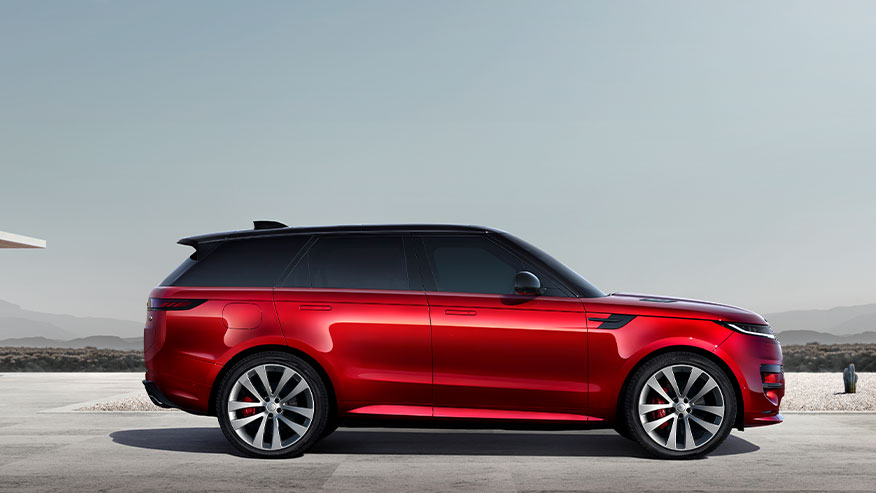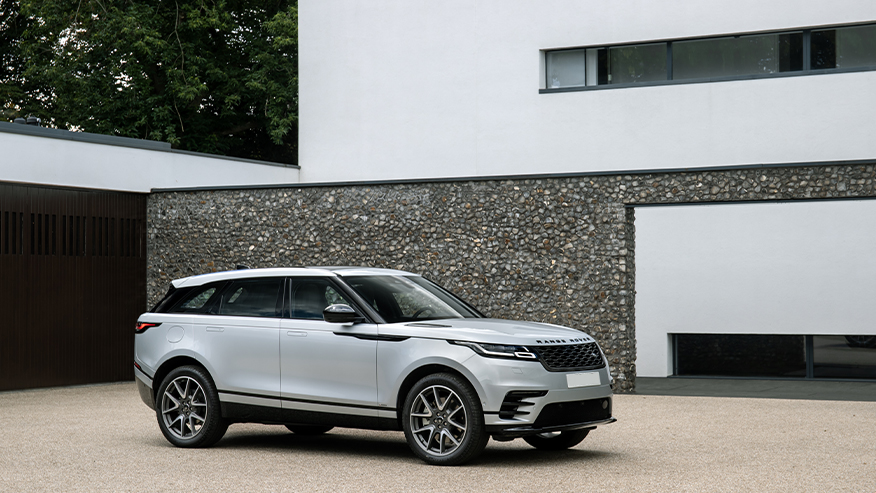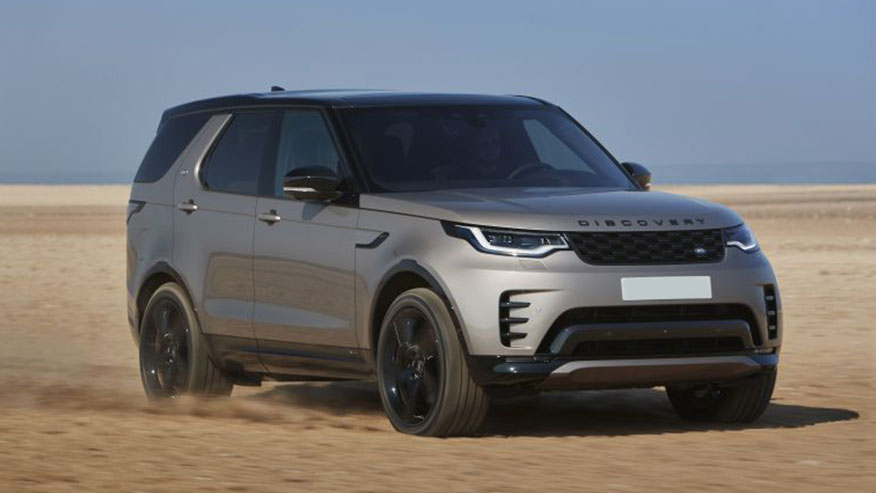
Land Rover & Range Rover's Electrification Journey
As the world hurtles towards an electrified future, traditional automotive stalwarts like Land Rover and Range Rover aren't just sitting on the sidelines - they're leading the charge. These iconic British brands, known for their rugged SUVs and unparalleled off-road prowess, are blazing new trails by introducing innovative electric technologies within their vehicle lineup. As a result, Land Rover and Range Rover are not just adapting to the Electric Vehicle (EV) market but actively shaping it, reflecting their commitment to sustainability without compromising their legendary performance and luxury.
The journey of Land Rover and Range Rover towards an electrified future is, in many ways, reflective of the broader industry trend. However, the brand's relentless spirit of innovation and its dedication to its core principles make its transition to the electric market genuinely remarkable. This blog post will delve into how Land Rover and Range Rover navigate the EV landscape while continuing to uphold the brand values that fans worldwide have come to appreciate and expect.
Innovating Without Compromise
In the heart of every Land Rover and Range Rover vehicle lies the engine, which has been a critical part of their identity and reputation. The Land Rover and Range Rover engines traditionally embody the brand's commitment to power, reliability, and exceptional performance. However, as the brands embrace electric technology, they aren't merely replacing these engines with electric counterparts but innovating.

The recently launched all-electric models showcase a commitment to ensure their electrified powertrains match or surpass the high standards set by their conventional engines. For instance, Land Rover’s electric models boast instant torque, an attribute of electric motors that enhances their renowned off-road capability. Meanwhile, the Range Rover's electrified variants provide the same high levels of luxury and comfort, proving that an electric transition doesn’t imply sacrificing the qualities that define these brands.
Pioneering Sustainable Luxury
Sustainability and luxury aren't typically terms in the same sentence. Yet, Land Rover and Range Rover are proving that they can coexist. By redefining what luxury means in the electric age, they are setting new standards for the industry.
This endeavour is evident in using sustainable materials in their vehicle interiors, such as recycled fabrics and responsibly sourced wood. Furthermore, they are working towards carbon neutrality in their manufacturing processes, focusing on circular economy principles to reduce waste and promote recycling. This holistic approach towards sustainability extends beyond merely adopting electric powertrains, displaying a thorough understanding of the broader environmental challenges the automotive industry faces.
Embracing Smart Technologies
The transition to electric vehicles is about more than just swapping out engines; it's an opportunity to reimagine the driving experience. Land Rover and Range Rover are making the most of this opportunity by integrating smart technologies into their electric vehicles.
Intuitive infotainment systems, advanced driver-assistance technologies, and cutting-edge battery management systems are just a few examples of how these brands leverage technology to enhance the ownership experience. These systems make the vehicles safer and more enjoyable to drive and improve energy efficiency, thereby boosting the range and performance of their electric models.
Future-Ready
Land Rover and Range Rover are preparing for a sustainable future in a world increasingly focused on reducing carbon footprints. Their bold plans include a comprehensive electrification strategy committed to offering an electrified variant for all their models by the decade's end.

While some may see this transition as challenging, these iconic brands view it as an opportunity. They are harnessing their rich heritage, deep understanding of their customer base, and commitment to innovation to pave the way for an exciting, sustainable future. They continue to enhance the driving experience, ensure the highest standards of luxury and performance, and reduce their environmental impact - all while maintaining the unmistakable identity of a Land Rover and a Range Rover.
Preserving Off-Road Heritage
One question many enthusiasts had when Land Rover and Range Rover announced their electric plans was regarding their off-road capabilities. After all, these brands are synonymous with off-road adventures and the ability to conquer challenging terrains.
The reassuring fact for fans is that, in this electric chapter, Land Rover and Range Rover have gone to great lengths to ensure their hallmark off-road performance is preserved and enhanced. Equipped with sophisticated technology like terrain response systems, electric variants can adjust power delivery for maximum traction in varying conditions.
Additionally, underfloor battery packs' low centre of gravity contributes to superior stability and handling. In this way, Land Rover and Range Rover are signalling that their future-ready vehicles will not compromise the rugged, adventurous spirit that has characterised the brands since their inception. The switch to electric is thus far more than a mere industry compliance move; it is an exciting evolution, driving these brands into the future while firmly honouring their roots.
Conclusion
In conclusion, the steps Land Rover and Range Rover took in their electrification journey are a testament to their commitment to sustainability, innovative spirit, and refusal to compromise on the values that have made them beloved worldwide. As they venture further into the electric era, it's clear that these brands will continue to make their mark, reaffirming their status as pioneers of the automotive industry.